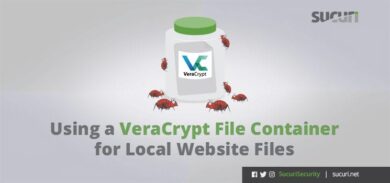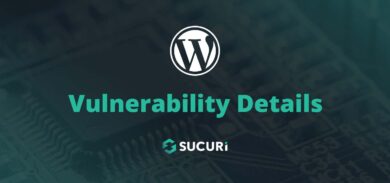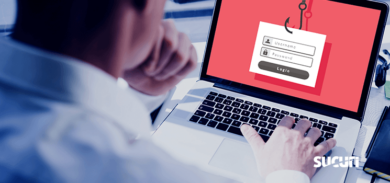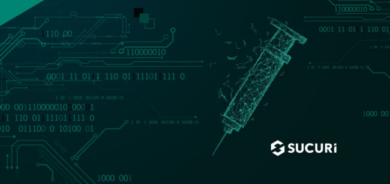This post was last updated October 11th, 2022.
It should be no shock by now that a professional can break through anything. These days, zero-days are a dime a dozen, so it’s important to ensure your site is hardened and protected as much as possible. While an SSL certificate can certainly be an important factor, it’s only one slice of the pie.
In this article, we’ll be elaborating on the myths of SSL, the kinds of hacks that still have the potential to occur, and how you can improve an HTTPS site beyond installing an SSL certificate.
Why SSL Certificates Aren’t “Hacker Proof”
When it comes to protecting your customer’s information an SSL certificate plays a crucial role. Encrypting their data in transit can help it from being intercepted by attackers along the way. With that being said, however, this doesn’t protect the origin. While an SSL has its advantages, there are still many other loopholes that hackers can exploit whenever possible. It’s important to essentially put a wedge in between anything that can be susceptible to infection.
One of the many kinds of attacks that hackers use is to inject malicious code into a site – for example, such as injecting a credit card skimmer. When it comes to these kinds of infections there can be a multitude of ways attackers gain access, but what’s important to understand is how to prevent a hacker from obtaining access through various attacks such as Brute Force attacks, phishing, outdated plugins, themes, software, etc. So when it comes down to being as hacker-proof as possible, you’ll need to account for the multitude of attacks that may spring up your way.

SSLs and PCI Compliance
It’s important for any website accepting credit card information to remain PCI compliant in today’s online environment. Installing an SSL should be one of the initial steps a site owner takes in regards to this. An SSL certificate will help reassure the customer their sensitive credentials are encrypted during transit on your website, building more of a sense of trust. When HTTPS is utilized a padlock should appear in a site visitor’s address bar letting them know their sensitive details passed through the site won’t be as much of a concern compared to non-HTTPS websites.
As a site visitor, it’s also important to determine if you’re using safe sites. Utilizing reputable anti-virus software for your operating system is one of the most important factors when accessing the internet. In today’s online world there could be potential bad actors around any corner. Due to these risks, you’ll want to ensure you have some additional security measures in place when it comes to the browser(s) being used.
Managing Website Security
Site visitors being cautious online means as a site owner you should become more proactive of your website’s security overall, both on the front-end and back-end. While having a site scanner plugin can definitely be necessary, if it’s only scanning the front-end of your site it may not be able to detect hidden backdoors. Think of it as a house with a security system facing outdoors. While it’s able to detect any threats on the outside, it’s not able to see what may be occurring inside as a server-side scanner can.
Scanning the site is a priority, but also monitoring network traffic is another. Malicious requests can potentially overwhelm your server’s resources, causing issues of major downtime. As any site owner will tell you, they want to minimize any potential downtime as much as possible, as well as have optimal load times. In these cases, configuring a Content Delivery Network (CDN) and/or Web Application Firewall (WAF) will help alleviate stress on the hosting server, as well as act as a middleman between potential threats and the origin server.
Besides these two pillars of website security, there’s an entire checklist of items that should be considered in terms of hardening your CMS (Content Management System). This checklist will also apply to having a regular maintenance schedule too. Overall, you want to make sure you as a site owner, or a personal developer, is on top of things as much as possible.
In Conclusion
Maintaining a website overall has its fair share of priorities and responsibilities. This means assuring site visitors and potential customers that it’s reliable & trustworthy. A lot of cybersecurity practices may seem foreign, or even intimidating, to a wide majority regularly online. Fortunately, we’ve provided a helpful guide to help the average site owner. Most site owners work with WordPress as their preferable CMS. In case you’re using a different build for your website there are still plenty of online resources available for helpful security practices in managing it.
If your HTTPS site is currently experiencing a hack please don’t hesitate on having it cleaned up. The longer an infection persists, the more it can potentially be added to blocklists by search engines such as Google and spread.










